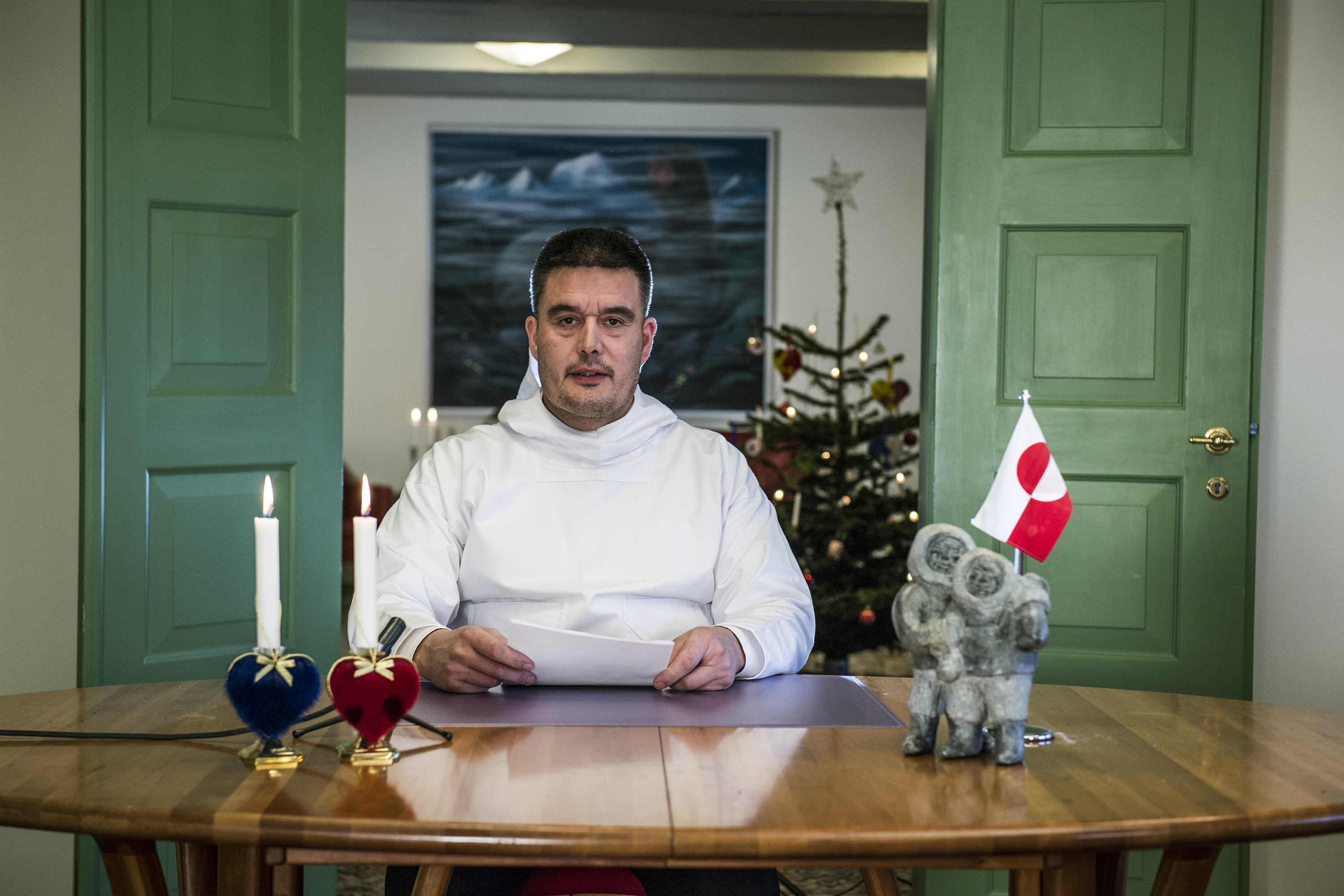Facing gridlock, Greenland’s premier calls early election
Greenland’s premier hopes to avoid unproductive spring legislative season by holding a general election in April.

Voters in Greenland will likely head to the polls next month after Kim Kielsen, the country’s premier, called for early elections today.
Kielsen, serving in his first four-year term as premier, needed to call an election before Nov. 28. But, with the spring session of Inatsisartut, the national assembly, appearing to be heading for gridlock as soon as it opened on April 6, Kielsen told reporters in Nuuk Monday that calling the election now would prevent legislators from using the session to grandstand.
“The spring session would have been difficult. Campaigning had already begun,” he said. “Some parties had already begin talking about the election. They haven’t proposed any legislation to be considered during the spring session.”
[A new supermajority coalition will govern Greenland]
He was referring to an announcement last week by Demokraatit, an opposition party, that it would not submit new bills, on the grounds that there was not enough time for new measures to make it through the legislative process before a November election. Instead the party said it would submit topics it hoped could be debated in the legislature ahead of the election.
It is up to the members of Inatsisartut to decide when the election will be held, but Kielsen has proposed April 17 and April 24 as his preferred dates, since it would give lawmakers enough time after the election to hold an abridged spring session that could begin negotiations over the national budget.
Kielsen himself took office in 2014 when his party, Siumut, took a plurality of seats in an early election called after his predecessor Aleqa Hammond was forced to step down amid accusations of misuse of public funds.
Kielsen first formed a governing coalition with a diverse set of four parties that supported uranium mining. In 2016 after disbanding his cabinet, he formed a unity government with the 2014 election’s runner up and now holds control of 27 seats in the 31-member assembly.